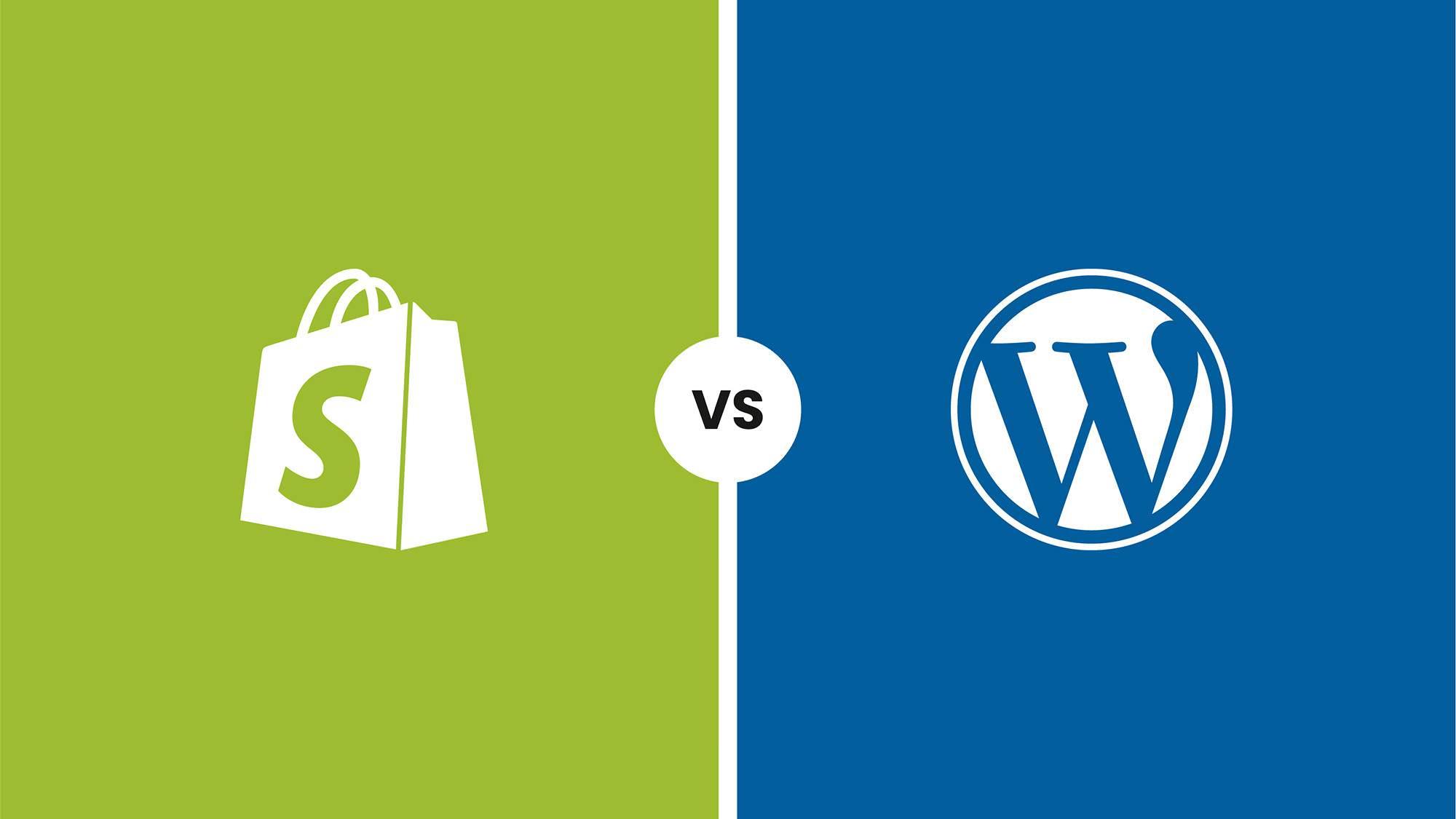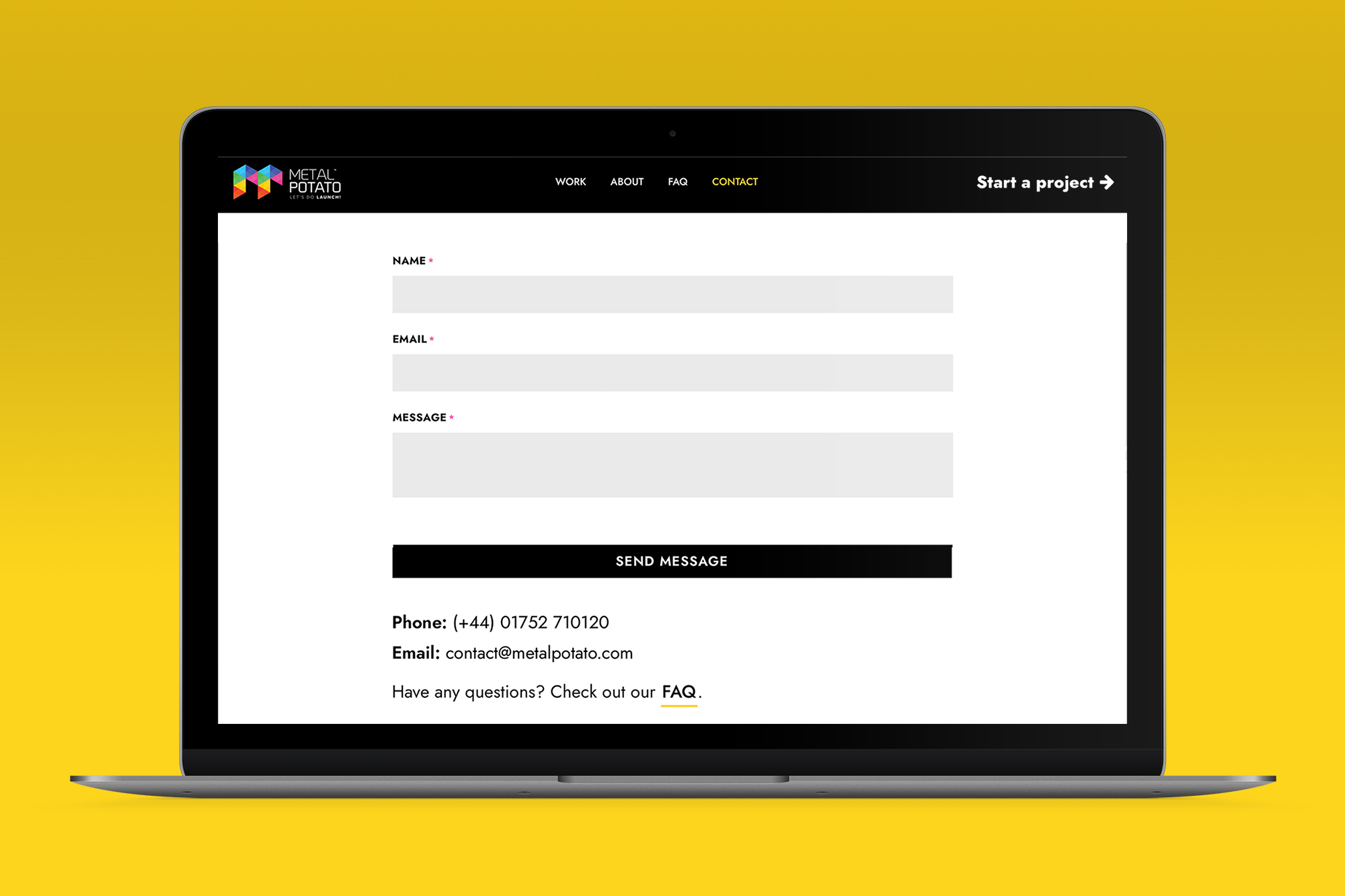When it comes to building an online store, two names dominate the market: Shopify and WordPress. In this comprehensive comparison, we will delve into the pros and cons of each platform, explore their key features, analyse their pricing structures, and evaluate their ease of use, customisation options, SEO capabilities, security measures, integrations, and support resources.
By the end of this article, you will have a clear understanding of which platform is the right fit for your eCommerce business.
Overview of Shopify and WordPress
Shopify is a dedicated eCommerce platform that simplifies the process of building an online store. It offers a user-friendly interface, comprehensive tools, and a seamless shopping experience for your customers. On the other hand, WordPress is a versatile content management system (CMS) that supports various types of websites, including eCommerce stores. It provides a wide range of themes, plugins, and customisation options, making it a popular choice for many businesses.
Pros and cons of Shopify
Shopify offers numerous advantages that make it an attractive option for eCommerce businesses. Firstly, it provides a hassle-free setup process, allowing you to quickly launch your online store without any technical expertise. Additionally, Shopify offers reliable hosting, ensuring that your website is always accessible and performing well. Moreover, it provides a secure and PCI compliant platform, taking care of the sensitive customer data and payment transactions.
However, Shopify does have some limitations. One major drawback is the transaction fees imposed on each sale, which can eat into your profits, especially if you have a high volume of sales. Furthermore, while Shopify offers a smaller range of themes and templates with customisation options are much more limited compared to WordPress. This can be a drawback if you have specific design requirements or want complete control over your website’s appearance.
Pros and cons of WordPress
WordPress is known for its flexibility and scalability, making it a popular choice for eCommerce businesses. One of its biggest advantages is the extensive library of themes and plugins available, providing endless possibilities for design and functionality. Additionally, WordPress offers complete control over your website’s code, allowing for advanced customisation and integration with third-party tools.
However, WordPress does have a steeper learning curve compared to Shopify. Setting up a store on WordPress requires more technical knowledge and potentially hiring a developer. Furthermore, as WordPress is a self-hosted platform, you are responsible for managing your hosting, security, and performance optimisations.
Key features of Shopify
Shopify boasts a wide range of features specifically designed for eCommerce businesses. One notable feature is the ability to seamlessly manage inventory, track sales, and fulfill orders. This makes it easy to keep track of your products and ensure a smooth customer experience. Additionally, Shopify offers built-in marketing tools, such as discount codes, gift cards, and abandoned cart recovery, helping you increase sales and customer engagement.
Another key feature of Shopify is its extensive app store. With thousands of apps available, you can enhance your store’s functionality by integrating with popular services like email marketing platforms, accounting software, and customer relationship management (CRM) systems. This allows you to tailor your store to your specific business needs and streamline your operations.
Key features of WordPress
WordPress, although not solely dedicated to eCommerce, offers a multitude of features that make it a powerful choice for online stores. One standout feature is the flexibility of its themes and templates. You can choose from a wide variety of pre-designed themes or create a custom design to match your brand’s identity. Additionally, WordPress provides a vast selection of plugins that add functionality to your store, such as payment gateways, shipping calculators, and product review systems.
Furthermore, WordPress offers robust content management capabilities. You can easily create and publish blog posts, product descriptions, and other content to attract and engage your audience. This content-driven approach can help improve your search engine rankings and drive organic traffic to your website.
Pricing comparison
When it comes to pricing, both Shopify and WordPress offer various plans to cater to different business sizes and needs. Shopify’s pricing starts at $29 per month for the Basic Shopify plan, which includes all the essential features for starting an online store. As you scale your business, you can upgrade to the Shopify ($79 per month) or Advanced Shopify ($299 per month) plans, which offer additional features and lower transaction fees.
WordPress, being an open-source platform, is free to use. However, you will need to invest in web hosting, and premium themes or plugins. The cost of these components can vary depending on your requirements and the providers you choose. Additionally, if you need advanced functionality, you may need to hire a developer or purchase premium plugins, which can add to the overall cost.
Ease of use comparison
Shopify is renowned for its user-friendly interface and intuitive setup process. With its drag-and-drop editor, you can easily customise your store’s appearance without any coding knowledge. Additionally, Shopify offers 24/7 customer support, ensuring that help is always available if you encounter any difficulties.
WordPress, although slightly more complex, has made significant strides in improving its user experience. The installation process has become more streamlined, and the interface has become more intuitive over the years. However, managing a WordPress website still requires a certain level of technical knowledge, especially when it comes to themes, plugins, and updates.
Fortunately, there is a vast community of WordPress users and developers who can provide assistance and resources. We have a service called Potato Care, which handles all aspects of hosting and maintenance of your website once launched.
Customisation options comparison
When it comes to customisation, both Shopify and WordPress offer considerable flexibility. Shopify provides a wide range of professionally designed themes that are mobile-friendly, ensuring your store looks great on any device. While customisation options within the Shopify theme editor are limited, you can hire a Shopify expert or use Shopify’s own Liquid programming language to create a custom design.
WordPress, on the other hand, offers unparalleled customisation capabilities. With thousands of themes and plugins available, you can create a unique and tailored website that perfectly reflects your brand. Whether you want to modify the appearance, add functionality, or integrate with third-party tools, WordPress provides the tools and resources to make it happen.
SEO capabilities comparison
Search engine optimisation (SEO) is crucial for driving organic traffic to your online store. Both Shopify and WordPress offer SEO-friendly features, but there are some differences to consider. Shopify provides built-in SEO features, such as customisable meta tags, clean URLs, and automatic sitemaps. Additionally, Shopify automatically generates structured data to enhance your website’s visibility in search engine results.
WordPress, with its numerous SEO plugins and themes, offers a more comprehensive approach to SEO. Popular plugins like Yoast SEO and All in One SEO Pack provide advanced features like content analysis, XML sitemaps, and social media integration. Furthermore, WordPress allows for greater control over technical SEO aspects, such as website speed optimization and schema markup implementation.
Case studies and success stories
To gain a deeper understanding of the capabilities and success stories of each platform, let’s explore some case studies. Shopify has powered numerous successful eCommerce businesses, such as Gymshark, Kylie Cosmetics, and MVMT Watches. These brands have experienced significant growth and success by leveraging the features and reliability of the Shopify platform.
WordPress, with its versatility, has also been instrumental in the success of many online businesses. One notable example is WooCommerce. Numerous small and large businesseshave built successful online stores using the WooCommerce plugin for WordPress. Companies like The Walt Disney Company, Weber, and WPBeginner have utilised the power of WordPress and WooCommerce to create robust and highly customisable websites.
Which platform is right for your eCommerce business?
Choosing the right platform for your business ultimately depends on your specific needs, goals, and level of technical expertise. If you’re looking for a user-friendly, all-in-one solution with reliable hosting, seamless inventory management, and built-in marketing tools, Shopify may be the ideal choice for you. It offers a hassle-free setup process and a secure platform that takes care of payment transactions and sensitive customer data.
On the other hand, if you prefer complete control over your website’s design, functionality, and customisation options, WordPress might be the better option. With its extensive library of themes and plugins, you can create a unique and tailored online store that perfectly aligns with your brand.
To make an informed decision, consider your budget, scalability requirements, desired level of customisation, and long-term goals. Additionally, it may be helpful to consult with a web development agency or an eCommerce expert who can provide guidance based on your specific business needs.
How Metal Potato can help you succeed with a WooCommerce-based website
If you decide to go with WordPress and WooCommerce for your website, Metal Potato can help you build and optimise your online store for success. With years of experience in WordPress development and eCommerce solutions, we have the expertise to create a visually stunning and high-performing website that drives conversions and enhances user experience.
Our team of skilled developers and designers will work closely with you to understand your business goals and create a customised solution that meets your unique requirements. From designing a beautiful and mobile-friendly theme to implementing essential features like payment gateways, shipping calculators, and product reviews, we will ensure that your online store stands out from the competition.
Don’t leave your eCommerce success to chance. Get in touch and how we can help to turn your vision into reality.
Let's make a website!
Book a FREE video call to discuss your business, project strategy, and more!
"*" indicates required fields
More from Metal Potato
5 Essential WordPress Security Plugins
Boost your website's defense with top-rated WordPress security plugins. Ensure ultimate protection against cyber threats today!
Contact Page Design: A Blueprint for Success
Learn how to optimise your contact page for better engagement and conversions with expert tips and inspiring examples.
The Power of a WordPress Support Retainer
Elevate your site's performance with a WordPress support retainer – expert maintenance, and guidance for success!
How to Launch a Podcast on WordPress
Launch your podcast on WordPress: from equipment selection to SEO optimisation, follow our guide for a successful podcast journey.
10 Compelling Reasons to Choose WordPress
Discover why WordPress is your ultimate website platform choice! Free, customisable, and supported by a thriving community.
6 Essential Tips for WordPress Website Owners
Boost WordPress site: backups, updates, style guides & more for top performance, security & user experience!






